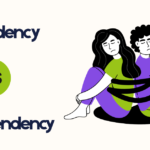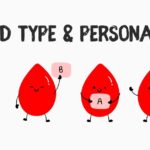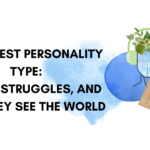Ever met a woman who overthinks every text, avoids eye contact like it’s cursed, and has a mini existential crisis when someone moves her coffee mug an inch to the left? But like, she still shows up looking like she’s got it all together? Yeah… plot twist: she’s not high-maintenance, dramatic, or “just anxious.” She might be autistic.
Here’s the tea: autism in women doesn’t look like what we were taught. It’s not always rocking back and forth in a corner or obsessing over trains (though shoutout if that’s your thing). Sometimes, it’s masking so hard you forget who you even are. It’s smiling when you’re overwhelmed, copying social cues like a human Google Translate, and wondering why everyone else seems to have the cheat codes for life.
And guess what? Most of the time, no one notices. Because society’s been out here diagnosing boys while women are left getting mislabeled with anxiety, BPD, depression—or just “being too sensitive.” Classic.
But Gen Z? We’re flipping the script. We’ve got TikToks calling out red flags, late-diagnosis girlies sharing their glow-ups, and autistic creators making space for the “holy sh*t, that’s me” moments. Even the movies and shows we watch are pretty meta.
We’re done shrinking to fit outdated molds.
So whether you’re questioning everything, vibing with neurodivergent memes a little too hard, or just curious—this one’s for you. Let’s talk about the signs you’ve been missing. Not because you weren’t paying attention, but because the world wasn’t looking in the right places.
Autism? Yeah, But Make It Feminine.
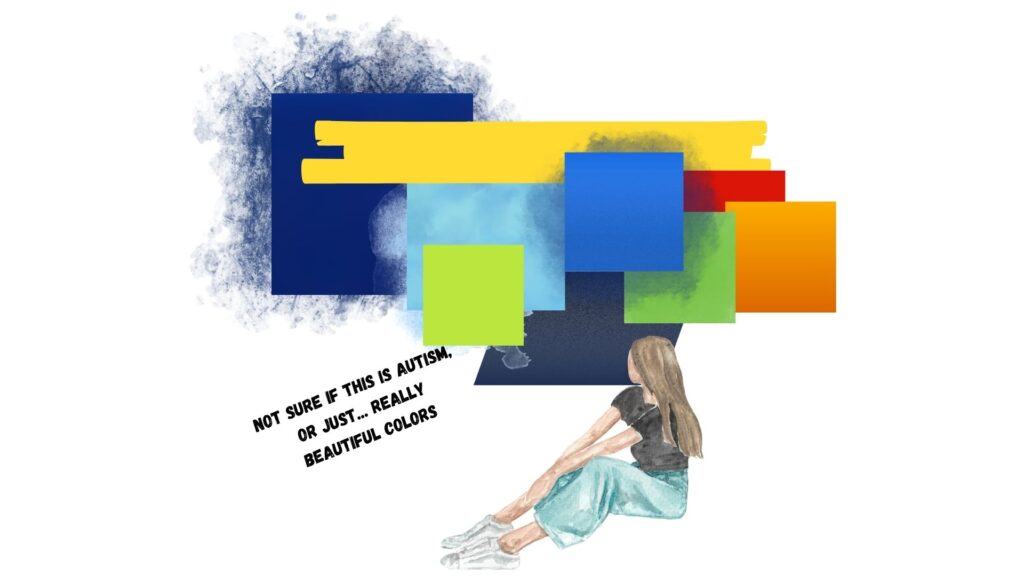
Autism, at its core, is a neurodevelopmental condition that affects how someone experiences the world—think: communication, sensory stuff, social interactions, and patterns of behavior. But here’s where it gets messy: the way autism shows up in women often looks nothing like what you’d expect. Spoiler alert: that’s because the OG diagnostic criteria were based on how it presents in young white boys. Yup. Classic science move.
While boys might be climbing furniture or info-dumping about dinosaurs, autistic women are usually out here masking. Think: mimicking social cues, rehearsing convos in their heads, people-pleasing like it’s an Olympic sport—and then crashing hard later. Thanks to years of being told to “smile more,” “be polite,” and “stop being so weird,” a lot of us got really good at pretending to be neurotypical. Gold star in masking. Zero idea what’s actually going on inside.
So yeah, autism in women? It’s quieter, internal, and often missed. That’s why so many get diagnosed way later (if at all), after years of mislabels and mental health spirals.
And before you even ask—nah, not every autistic person is the same. Obviously. Neurodivergence isn’t a one-size-fits-all hoodie. But this crash course? It’s your starter pack for understanding what autism can look like when it’s rocking eyeliner and emotional depth.
Here are the 10 signs!
1. She’s the Queen of Masking
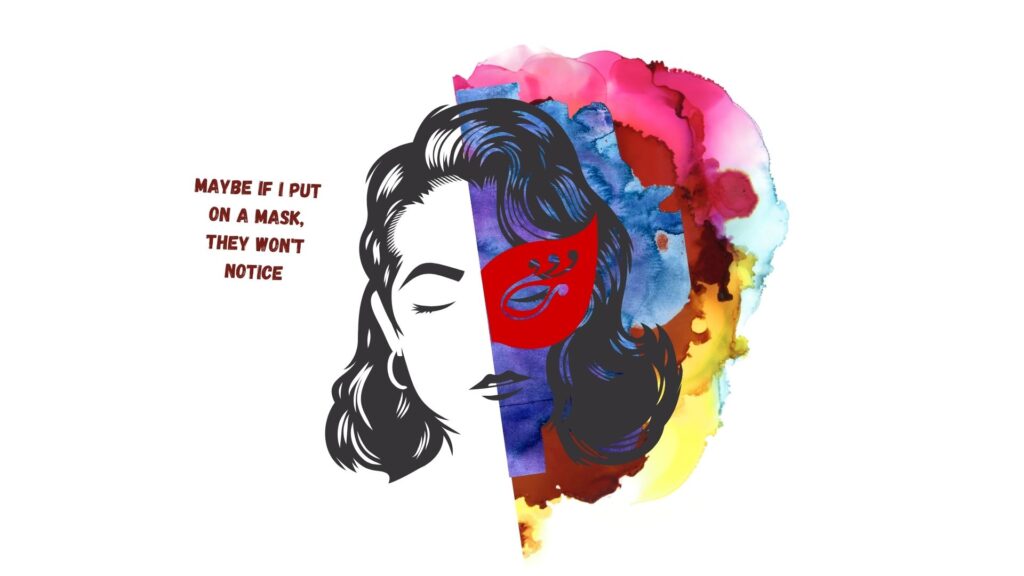
She’s the one who nails small talk, mirrors your body language, laughs at the right time—but it’s all performance art. Behind the scenes? Her brain’s running a thousand tabs trying to decode if she’s “acting normal” enough. She’ll script convos in advance, rehearse responses, and Google “how to be likable” like it’s a survival guide.
But once she’s home? Boom—social crash. Blanket burrito. Zero energy. Existential dread.
Relatable meme: “Me after being normal for 2 hours: ”
She might not even know who she really is, because she’s been code-switching her entire life. And the saddest part? People think she’s “fine” because she’s so good at pretending. Masking isn’t cute. It’s exhausting AF. And it hides people who need support the most.
You’re not faking. You’re surviving.
2. Sensory Overload is Her Arch Nemesis
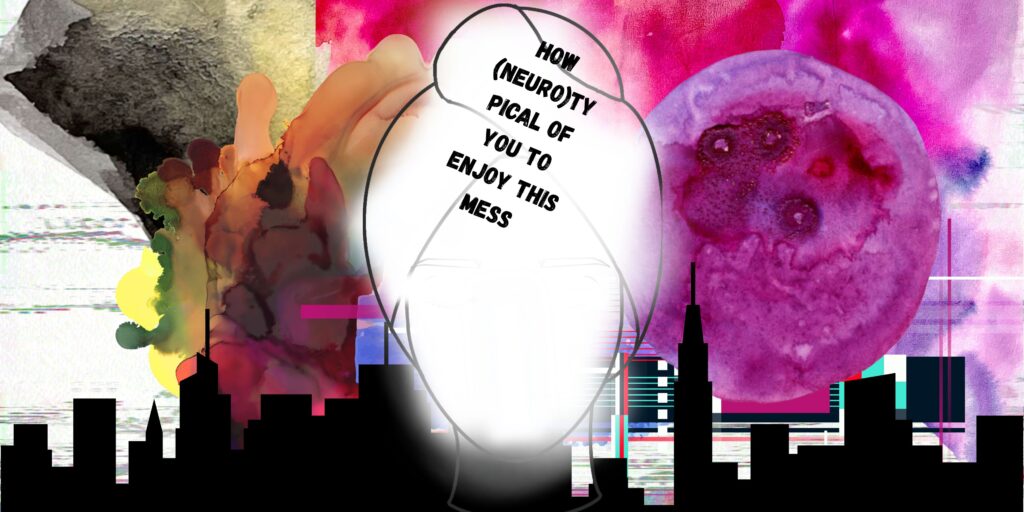
Tags in shirts? Feels like sandpaper. Loud chewing? Actual rage. Flashing lights? Bye, she’s out. What seems like “just a sound” or “just a texture” to others feels like her nervous system is being jump-scared on loop. She’s not being extra—her senses are just way too online.
Sometimes she’ll meltdown (think: crying, panic, full shutdown), or just quietly freeze and dissociate mid-crowd, mid-convo, mid-life.
Raw internal monologue: “Why is everyone okay and I’m literally imploding because the AC is humming weird??”
Of course, people love calling her “too sensitive” or “a drama queen.”
Nah. She’s not dramatic. She’s just trying to exist in a world that feels like it’s on max volume… with no off switch.
Protect her peace. And maybe dim the lights.
3. She’s an Overthinker on Steroids
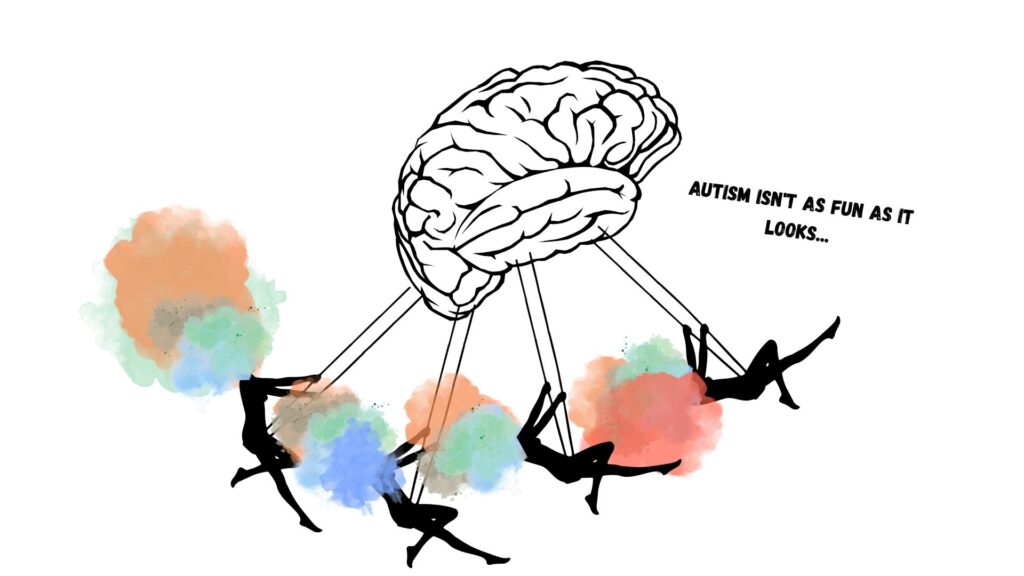
She’ll replay that one convo from 2019 where she said “you too” after the waiter said “enjoy your meal.” Still cringing. Still haunted.
Texting? A full Olympic event. Deletes, rewrites, obsesses over “haha” vs “lol,” overthinks if that period made her sound passive-aggressive or just… passive.
Internal monologue: “Did I sound weird? Was that too much? Should I have used an exclamation mark??”
Her brain is basically a group chat with 45 tabs open, arguing nonstop. And yeah, anxiety’s in the mix—but this level of hyper-analysis? That’s autistic flavor.
She doesn’t want to be annoying. She just genuinely can’t stop dissecting every interaction like it’s a scene from a psychological thriller.
She’s not dramatic—she’s decoding life on hard mode
4. “Too Intense” or “Too Passionate”? Yeah, That.
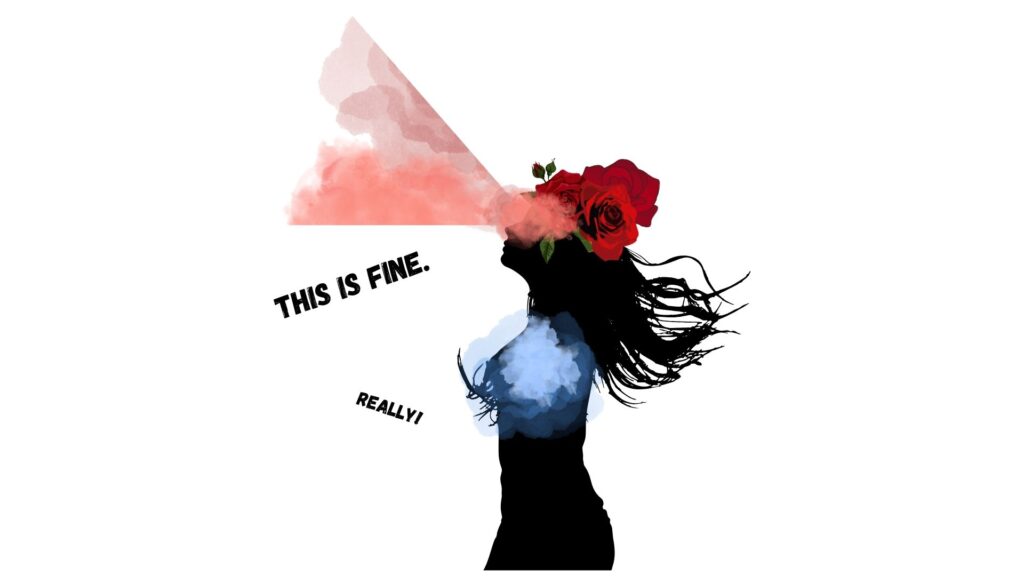
She doesn’t just “like” things—she inhales them. Hyperfixations? Absolutely. One day it’s astrology, next it’s Victorian mourning rituals or frog TikTok. She will go full encyclopedic deep dive at 3 a.m. and happily give you a 12-minute voice note about it.
To others, she seems “obsessed,” “too much,” or “over the top.” But for her? That’s how joy works. That’s how she connects.
She’s not doing it for attention. She literally can’t help it—her brain’s wired for intense curiosity and emotional depth.
People call it weird. She calls it being alive.
Raw thought: “If I love something, I want to know everything. Is that bad?”
Nope. Not bad. Just autistic and passionate AF. Let her sparkle.
5. Struggles With the Unwritten Social Rulebook
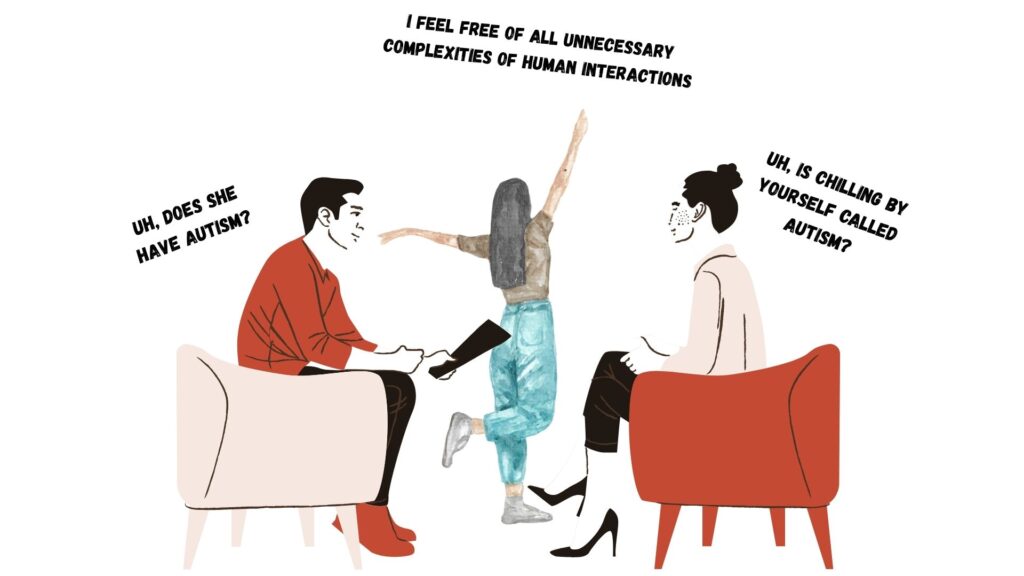
She wasn’t handed the same invisible rulebook everyone else got. Sarcasm? Subtext? Flirty vs. friendly? It’s all static. She’s out here decoding social cues like it’s an escape room with no clues and a countdown clock.
In group settings, she often feels “off”—like she missed a memo. Everyone laughs, and she’s just… smiling nervously, mentally Googling what just happened.
Internal thought: “Why is everyone vibing and I’m buffering like a 2008 YouTube video?”
So she studies people. Mimics. Rehearses small talk like a script. But it still feels fake. Exhausting.
She’s not antisocial. She’s just trying to survive a game where the rules are unspoken, constantly shifting, and somehow… obvious to everyone else but her.
6. Eye Contact Feels Like a Staring Contest With the Devil
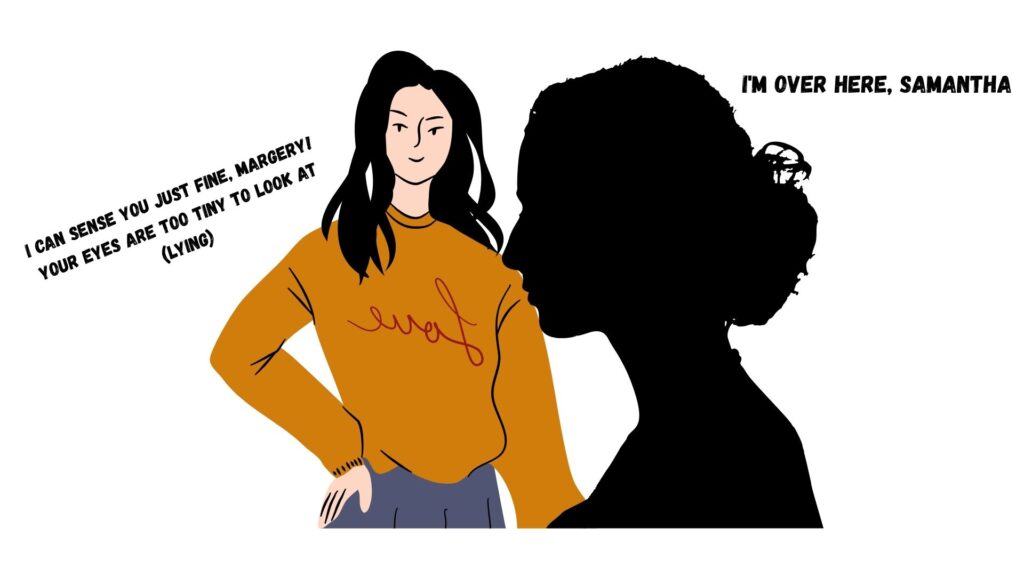
Making eye contact? Big nope. It’s not rude or shady—it’s like her brain’s got a million tabs open and someone just threw in an extra, flashing neon tab that says, “PAY ATTENTION!”
Eye contact + listening + reading facial expressions = sensory overload deluxe. It’s like juggling flaming swords while riding a unicycle on a tightrope.
Sometimes she fakes it—glancing at your chin or forehead like a stealth ninja just to avoid meltdown city. Other times, she straight up avoids eyes altogether.
Raw thought: “Why does looking at you feel like a full-on TED Talk I didn’t sign up for?”
It’s not about ignoring you—it’s about protecting her sanity in a world that’s already way too loud.
7. She’s Exhausted from Being “On” All the Time
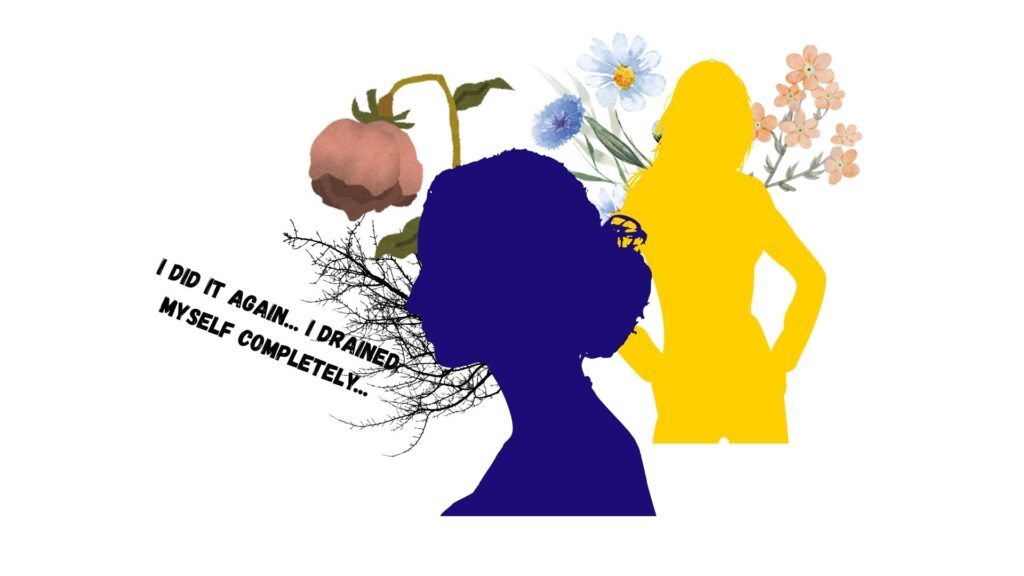
She’s the friend who’s always down to hang, cracking jokes and vibing—but don’t be fooled. Socializing is like running a marathon in stilettos. Every “on” moment drains her battery like crazy.
After parties or even casual hangouts, she’s left with what can only be described as a social hangover—brain fog, exhaustion, and the desperate need to hide under a blanket fort.
She might look extroverted, but inside? She’s totally wiped, counting down minutes until she can peel off the mask and just be.
Internal monologue: “I love y’all but also… when can I disappear?”
Being “on” all the time isn’t fun. It’s survival mode, and the recharge time? Non-negotiable.
8. Empathy? She Has It. Just… Differently.
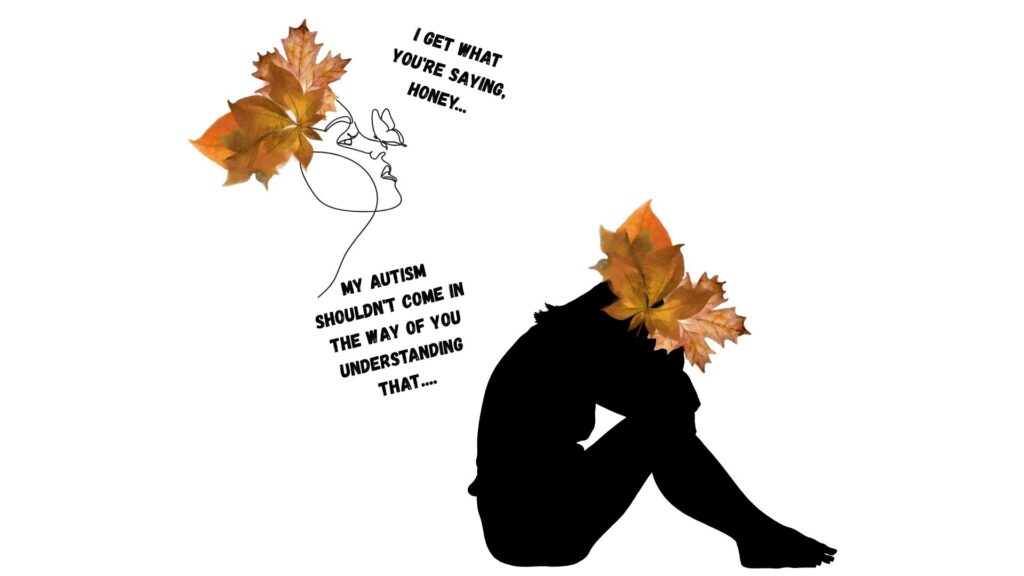
She’s basically an emotional sponge—absorbing vibes, feels, and drama like it’s her full-time job. But don’t expect her to say “I get you” with the usual warm hugs and eye contact. Nah, her empathy shows up in weird, quiet ways.
She might need to retreat to process the emotional tsunami hitting her from all sides. Or respond with a brutally honest, “That sucks,” instead of a long emotional speech.
Internal thought: “I’m drowning in your feels but also trying not to lose my mind.”
Her empathy isn’t absent—it’s just filtered through a brain that’s constantly juggling its own emotions while decoding yours.
She’s feeling deeply, even if it looks different from the “norm.”
9. Routines Are Life. Spontaneity is Stress.
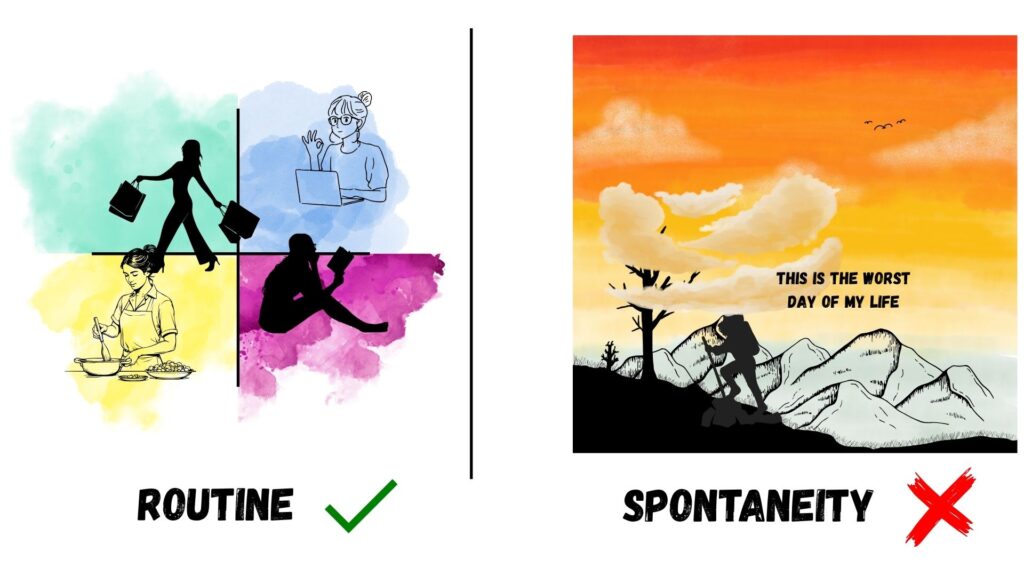
Change? Yeah, no thanks. One minute she’s vibing, the next—someone switches the plan or messes with her schedule, and it’s chaos. Like, full-on mental meltdown.
Predictability isn’t boring to her. It’s peace—a safe space where her brain can chill without firing off alarms.
People might call her rigid, controlling, or “too serious,” but nah, it’s all about self-preservation. Routines keep her grounded when the world feels like a spinning rollercoaster with zero brakes.
Internal thought: “Why can’t people just text when they’re going to be late? My whole day is ruined.”
She’s not stubborn—she’s just protecting her sanity in a world that’s way too unpredictable.
10. She’s Been Called “Too Much” or “Not Enough” Her Whole Life
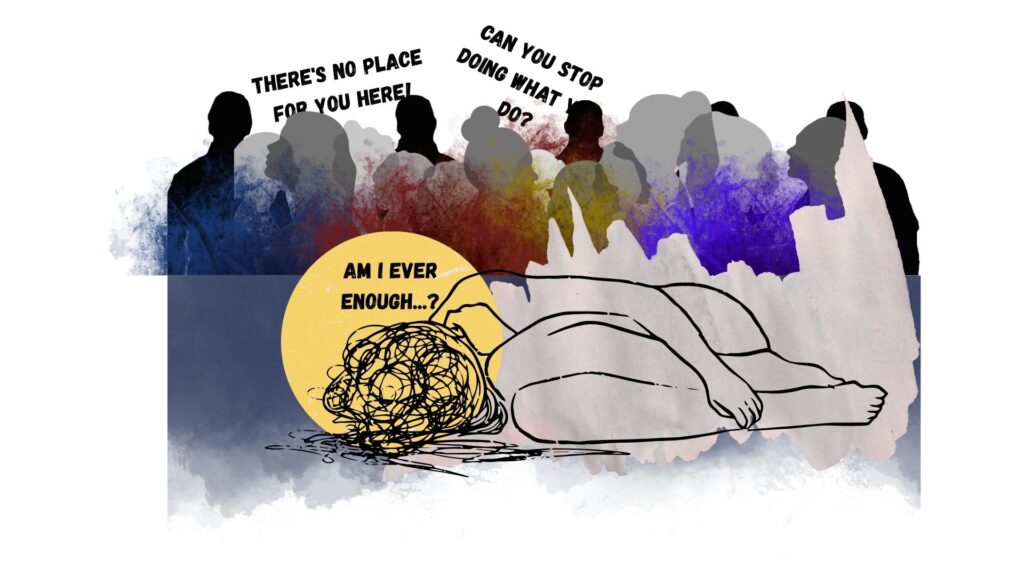
Too loud? Too quiet. Too clingy? Too cold. Too emotional? Not emotional enough. She’s danced through the “too much, not enough” game for so long it’s basically her cardio.
Inside, there’s a constant identity crisis: “Who even am I without everyone’s labels?”
She’s probably been tagged with anxiety, depression, borderline, or just “being difficult” because society didn’t get her brain wasn’t wired like theirs.
Truth is, she’s been swimming upstream in a world made for neurotypicals, trying to fit puzzle pieces that weren’t meant for her shape.
Being misunderstood? It’s exhausting. But finally getting diagnosed? A whole new kind of relief—and permission to just be herself, unapologetically.
Why It’s Often Missed in Women
Here’s the thing.
Autism in women is like that hidden Easter egg no one told you about. Society’s been handing out this one-size-fits-all checklist designed mostly for boys, so women who don’t fit the “classic” mold get overlooked.
From day one, girls are basically trained to be professional people-pleasers. Smile, make eye contact, don’t rock the boat. So they get REALLY good at masking — like social ninjas blending into neurotypical squads, while their brains are doing the cha-cha-cha behind the scenes.
The result?
Many women only get diagnosed in their 20s, 30s, or even later—sometimes after a decade of therapy for anxiety, depression, or just being told they’re “too sensitive” or “quirky.”
And the classic line: “But you don’t look autistic!” Yeah, thanks, Karen. Because masking isn’t a costume change, it’s a survival skill.
Bottom line: autism in women flies under the radar, but once you start looking, the signs are everywhere.
So… Now What?
Look, if you saw yourself in these signs, welcome to the not alone club. You’re not some weird glitch or a walking headache for others—you’re just navigating a world that wasn’t built with your brain in mind.
Maybe it’s time to think about getting a diagnosis (if that feels right) or just finding your tribe—other women and non-binary folks who get the struggle, the masking, the meltdown, and the magic.
Dive into online spaces like TikTok, Instagram, or forums where autistic creators spill the real tea. Read books that don’t treat autism like a checklist but a whole vibe. Find your people, your info, your peace.
Because here’s the mic-drop moment: You’re not broken. You’re just brilliantly wired in a world that only handed out the boy manual. And guess what? You’re rewriting the rulebook, one authentic, messy, beautiful day at a time.
So, keep sparkling—loud, quiet, intense, or whatever feels like you.
A passionate psychologist on a mission to make psychology insightful, relatable, and engaging! From mental health to human behavior, I break down complex ideas into thought-provoking reads for curious minds.







